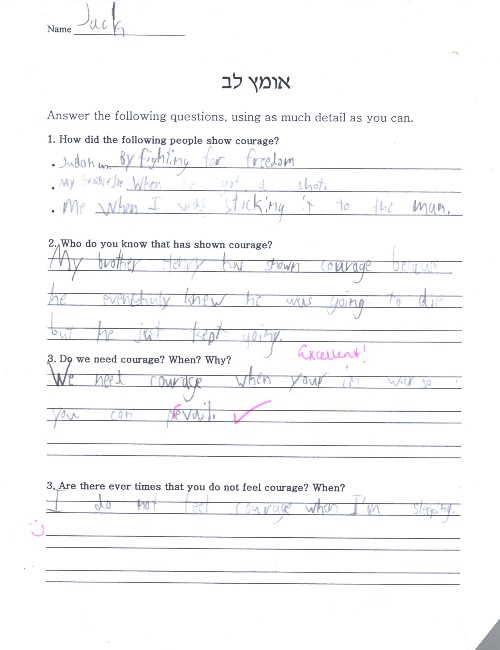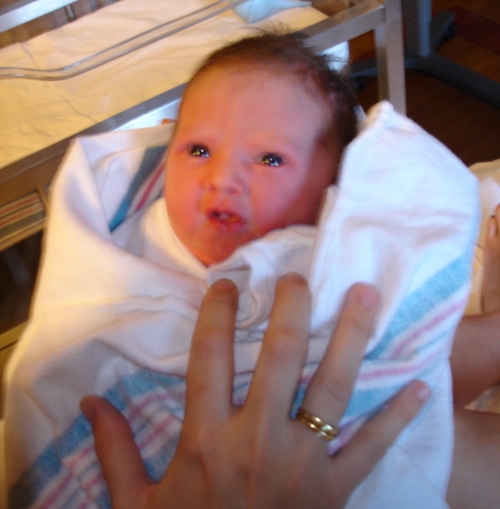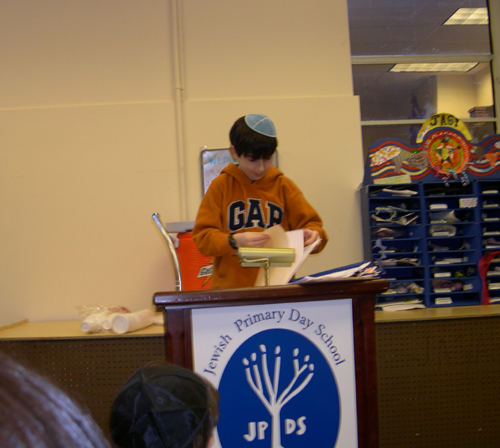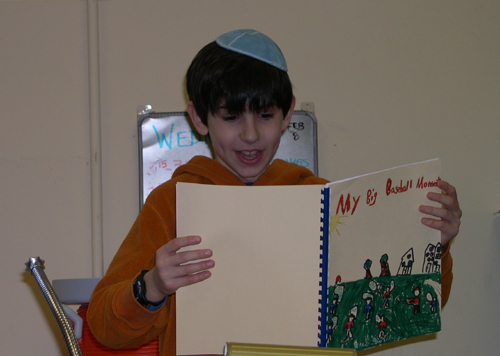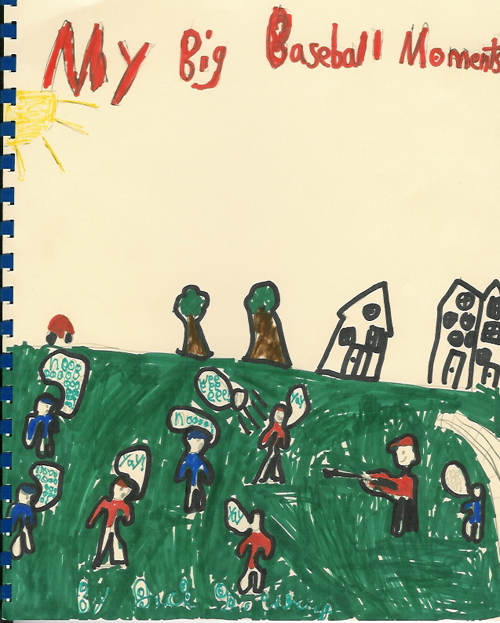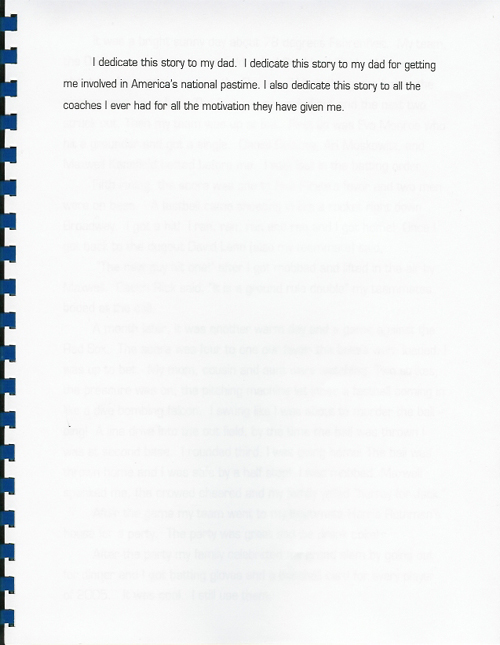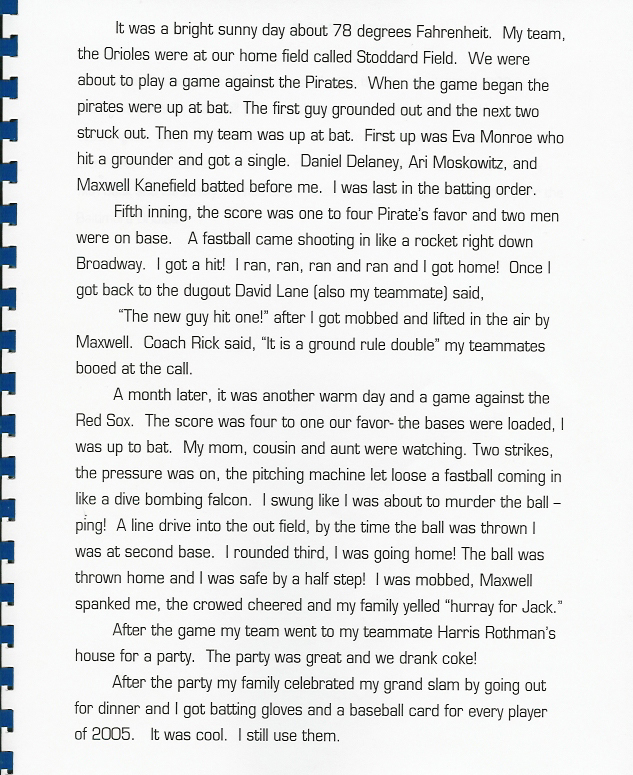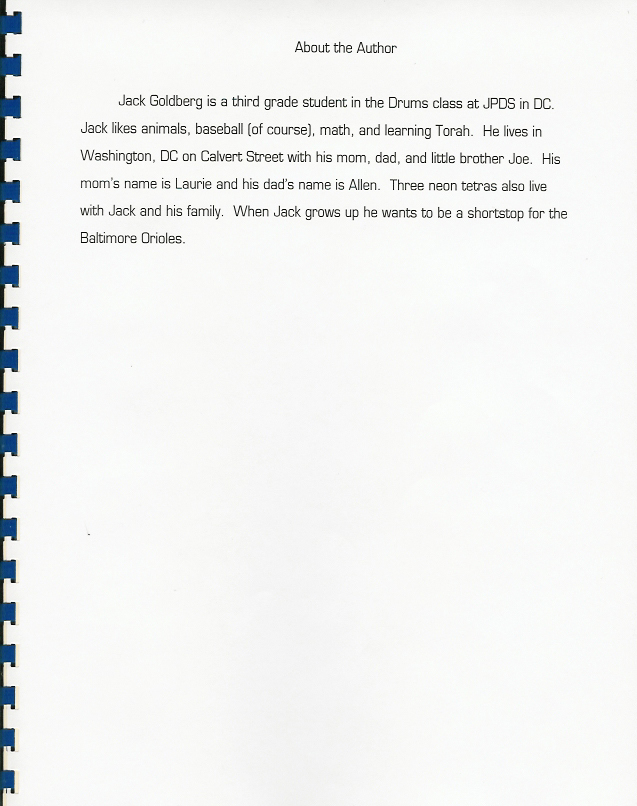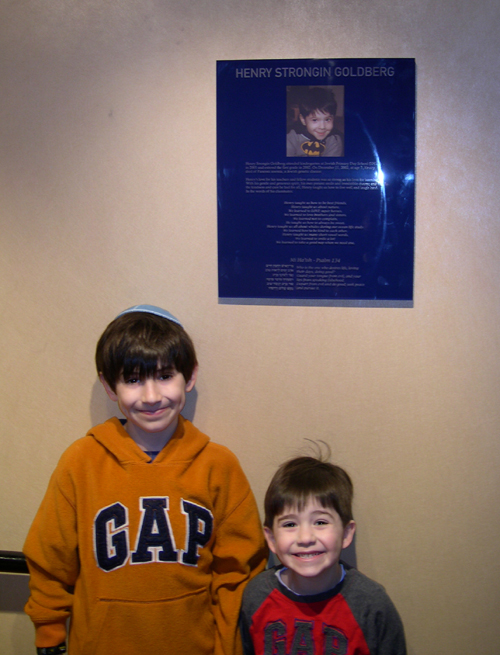
I went to Detroit for the day on Friday. I spent a lot of the day thinking of you. I left out of the small Northwest Airlines terminal where you and I left Washington for the last time. When I got to Detroit I kept remembering back to all of the times that I flew (and drove) there to bring cells to Dr. Hughes. That trip to Detroit was the only way that I physically helped to save your life. It wasn't much, but I was glad that I had something I could do.
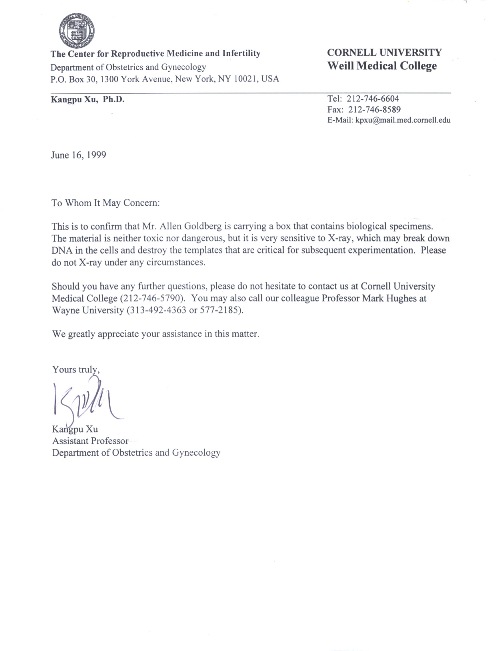
This is the letter - I have a whole bunch more like it with different dates - that I used to carry with me to help me get through airport security. I still always think back and get bummed out about the fact that they made me go through such a thorough screening when I was taking you to Minnesota that last time right in that very terminal. I was carrying you. You were so frail. Couldn't they tell I was just a dad with a sick kid.
On my way out of the garage at National Airport on Friday night, I stopped to pay for the day of parking. The woman in the booth was smiling and singing along to the radio. I asked her what she was listening to. She told me that she lost her daughter and that makes her sad. She listens to music and sings along to be happy. She told me that she and her daughter came to America from Ghana, and her daughter graduated from college and was about to start working when she died.
I said that I was sorry for her and that I know how she feels because I lost my little man. I told her that you were seven when you died.
The next thing I know we were holding hands. I was in the minivan and she was in her booth but we were holding hands. It was nice. I then said goodbye and headed home.
That night I had the weirdest dream.
I was with someone, I don't know who, and we were going to meet you and Mom at the clinic. I was upset on the way there because I was thinking that people weren't being concerned enough about making sure you didn't get sick. We needed to be more worried about the fact that you were immunce compromised.
When I got there, you were tall and older and I didn't recognize you. You were running in a loop around the room and one of the doctors was running behind you. The doctors told me that they had removed some of your tubes and lines, and since you were getting better they had you running to get you stronger.
I wanted to get in on the action and help you get stronger. I tried to chase after you and tackle you so we could wrestle just like we used to do, but I just couldn't catch you.


